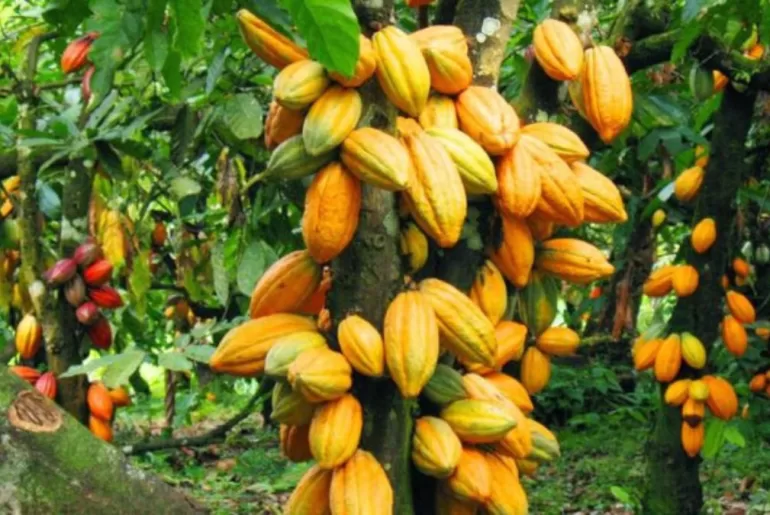Ghana’s cocoa regulator, COCOBOD, is making moves to secure up to $1.5 billion in funding by September to support cocoa purchases for the upcoming 2024/25 season.
This decision comes as a response to lower than expected cocoa output, which has posed challenges for the country’s cocoa industry.
Traditionally, Ghana relies on an annual syndicated loan to finance cocoa bean purchases from farmers, with the loan typically finalized at the beginning of the season in September. However, this year’s $800 million loan has been delayed due to the reduced cocoa output in the current season.
As a result, COCOBOD has withdrawn $600 million from the loan and canceled the remaining amount, citing the significant drop in cocoa production that is nearly 40% below the initial forecast. To bridge this gap, the regulator is now looking to secure a larger loan of up to $1.5 billion for the next season.
While some international banks have already shown interest in participating in the syndicated loan, others are scheduled to conduct inspections of cocoa farms in Ghana before finalizing their offers. The goal is to ensure that the funds will be used efficiently and effectively to support cocoa production in the country.
Despite the current challenges, there is optimism within COCOBOD that the syndication process will be successful. Production is expected to recover to 810,000 metric tons in the upcoming season, driven by improvements in weather conditions and the rehabilitation of cocoa farms.
However, Ghana’s cocoa industry continues to face various obstacles, including adverse weather conditions, disease outbreaks, and the persistent issue of cocoa smuggling. The sector regulator estimates that cocoa production for the 2023/24 season will fall short by almost 40% due to these factors.
In addition, the spread of the swollen shoot virus has devastated cocoa farmland in Ghana, leading to significant losses in recent years. Despite these challenges, stakeholders are hopeful that with the right interventions and support, Ghana can still meet its cocoa production targets in the future.
The decline in cocoa production has also had an economic impact, with Ghana’s cocoa export revenue dropping by nearly 50% year-on-year in the first four months of the year. This highlights the importance of addressing the challenges facing the cocoa industry to sustain the country’s position as a key player in the global cocoa market.
As COCOBOD works towards securing funding for the next cocoa season, stakeholders remain committed to overcoming the obstacles and ensuring a sustainable and thriving cocoa sector in Ghana.

